World NTD Day 2026
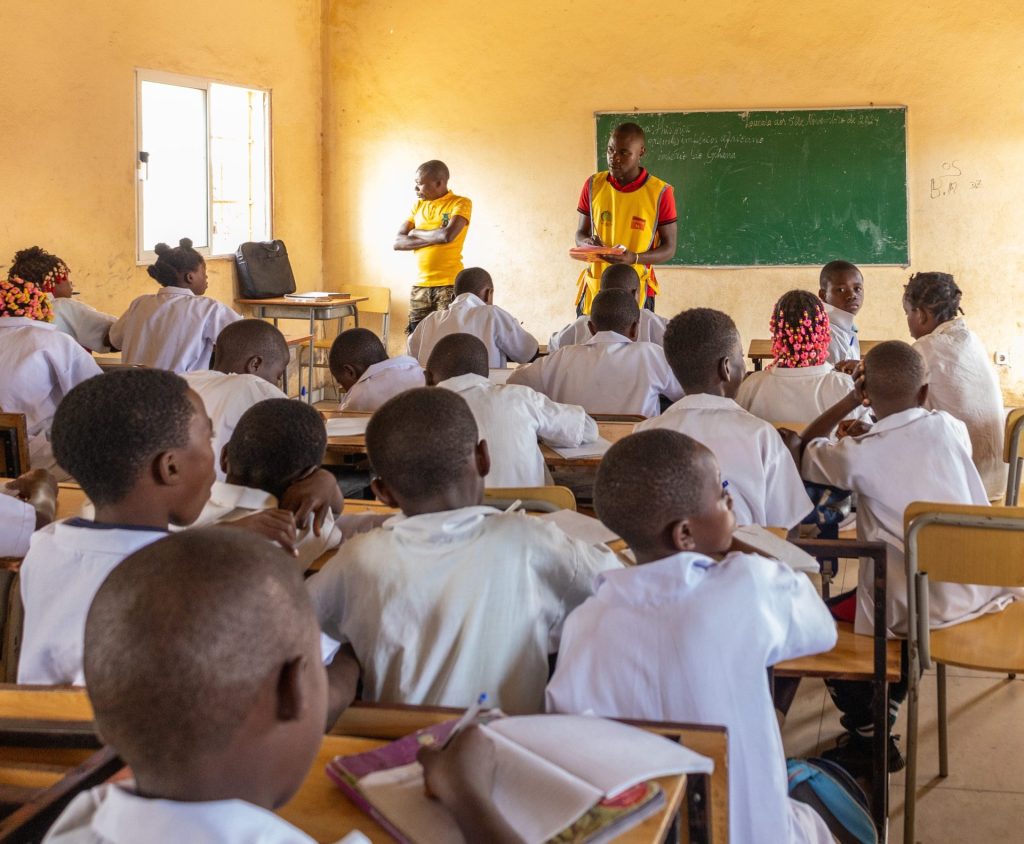
In 2025 MENTOR programme teams supported the delivery of essential treatments and vector control, and helped strengthen health systems, to address the high risk of neglected tropical diseases in South Sudan, Syria and Angola. They overcame significant challenges to reach communities cut off by flooding, affected by conflict, far from health services, or displaced, to […]
Study of spatial emanator published in The Lancet
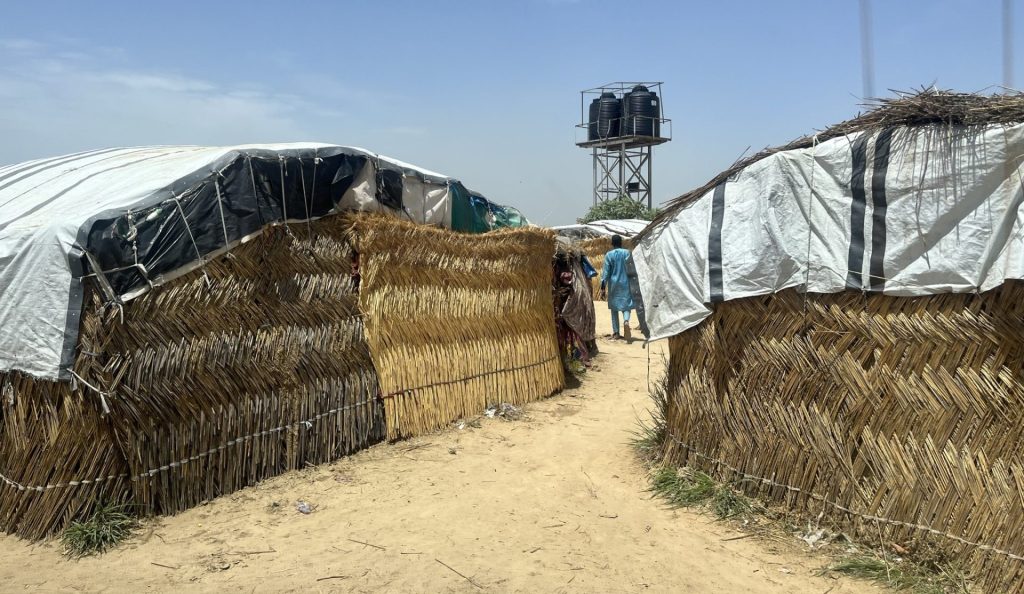
Results from the field trial of Guardian™ spatial repellent emanator have been published in the Lancet Infectious Diseases, which adds to the growing evidence for the use of this vector control tool in humanitarian settings. MENTOR has for many years led the piloting and testing of innovative tools to protect people and prevent diseases in […]
Vector-borne disease control in Burkina Faso
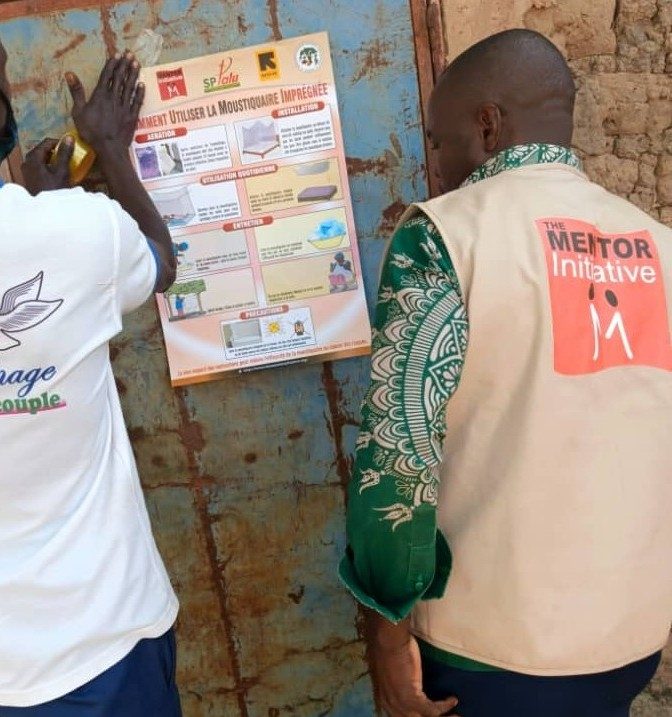
MENTOR is implementing vector-borne disease control activities in regions of Burkina Faso most affected by insecurity, displacement and a growing humanitarian crisis. In partnership with the IRC, we have focused on the provision and distribution of nets; information, education and communication activities; and training health workers in Sahel and Boucle de Mouhoun regions. These regions […]
Larviciding at mosquito breeding sites reduces risk of malaria in Maiduguri
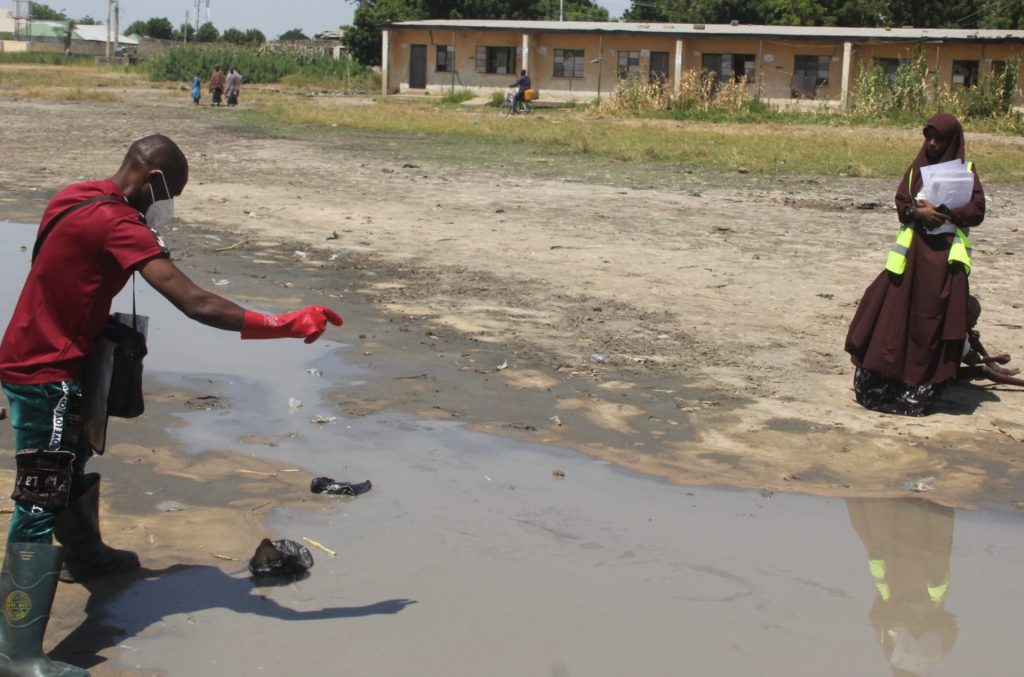
In Goni Damgari, Maiduguri, malaria remains a major public health challenge with mosquitoes thriving in open breeding sites – especially during the rainy season. To address the high risk of malaria in the region, MENTOR supported the Borno Ministry of Health and State Malaria Elimination Programme to implement vector control activities over four months in […]
Mobile health services improve access to healthcare in northern Nigeria
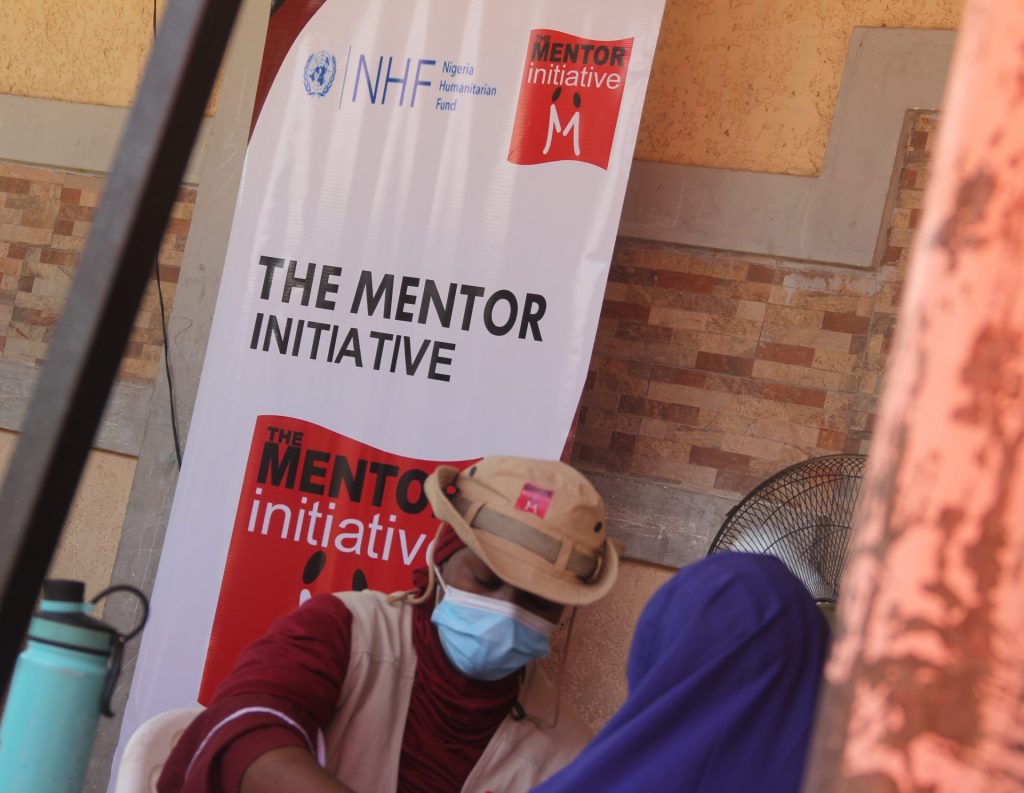
MENTOR is supporting primary healthcare and mobile health services with integrated malaria, WASH and nutrition activities in two communities in Maiduguri, northern Nigeria. Funded by the Nigerian Humanitarian Fund (OCHA), the life-saving programme aims to reach 90,000 people living in internally displaced camps and host populations with improved healthcare, nutrition support, reproductive health, and disease […]
MENTOR founder awarded an ASTMH Distinguished International Fellow
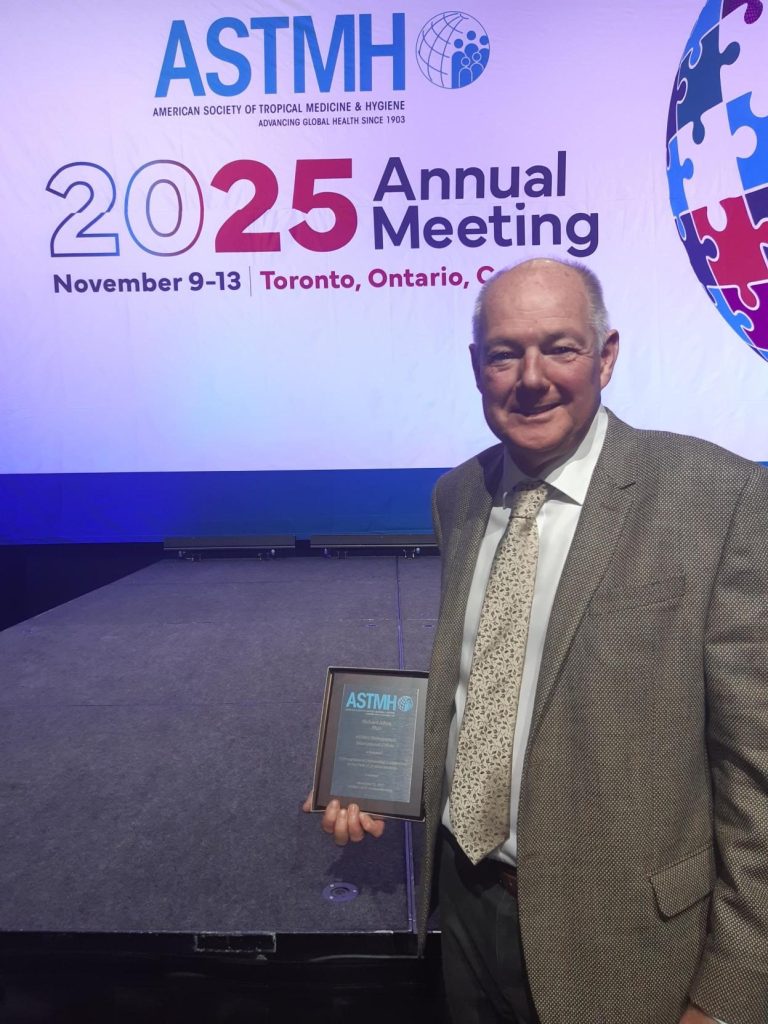
The MENTOR Initiative founder and chair Richard Allan OBE was awarded an ASTMH Distinguished International Fellow by the American Society of Tropical Medicine and Hygiene (ASTMH) at their recent annual meeting in Toronto. This award recognises “individuals who have made eminent contributions to a particular aspect of tropical medicine and global health…leaders in their field, […]
NTD control in Syria
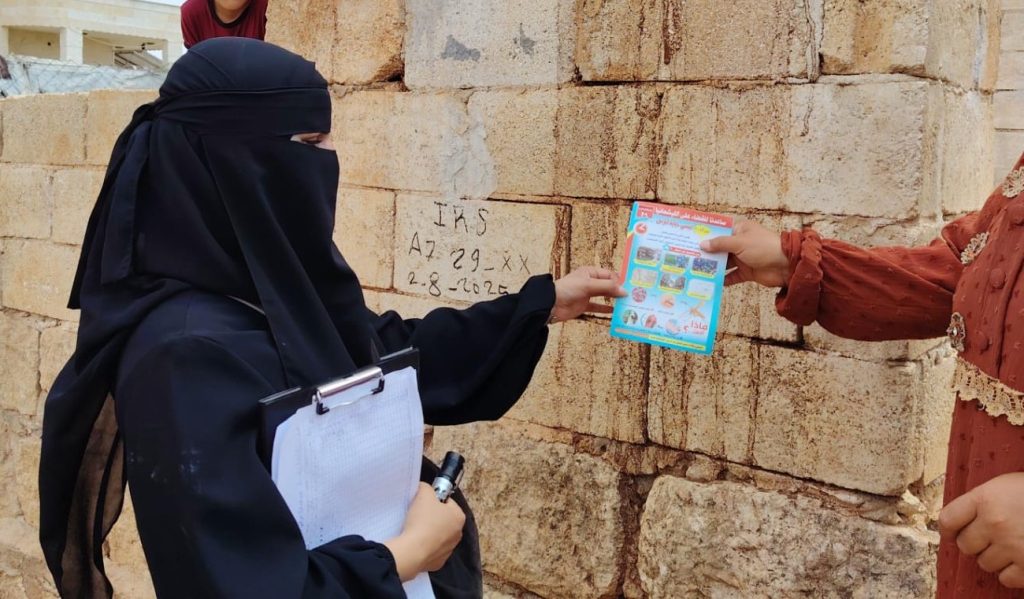
Over 93,000 homes and 51,600 temporary shelters across Aleppo and Idleb Governorates were sprayed with WHO-approved insecticide to address the high threat of cutaneous leishmaniasis in the region. MENTOR carried out the large-scale Indoor Residual Spraying (IRS) campaign in northwest Syria between May and September 2025 to protect more than 799,000 people, including many that have […]
Neglected Tropical Disease NGO Network (NNN) conference 2025
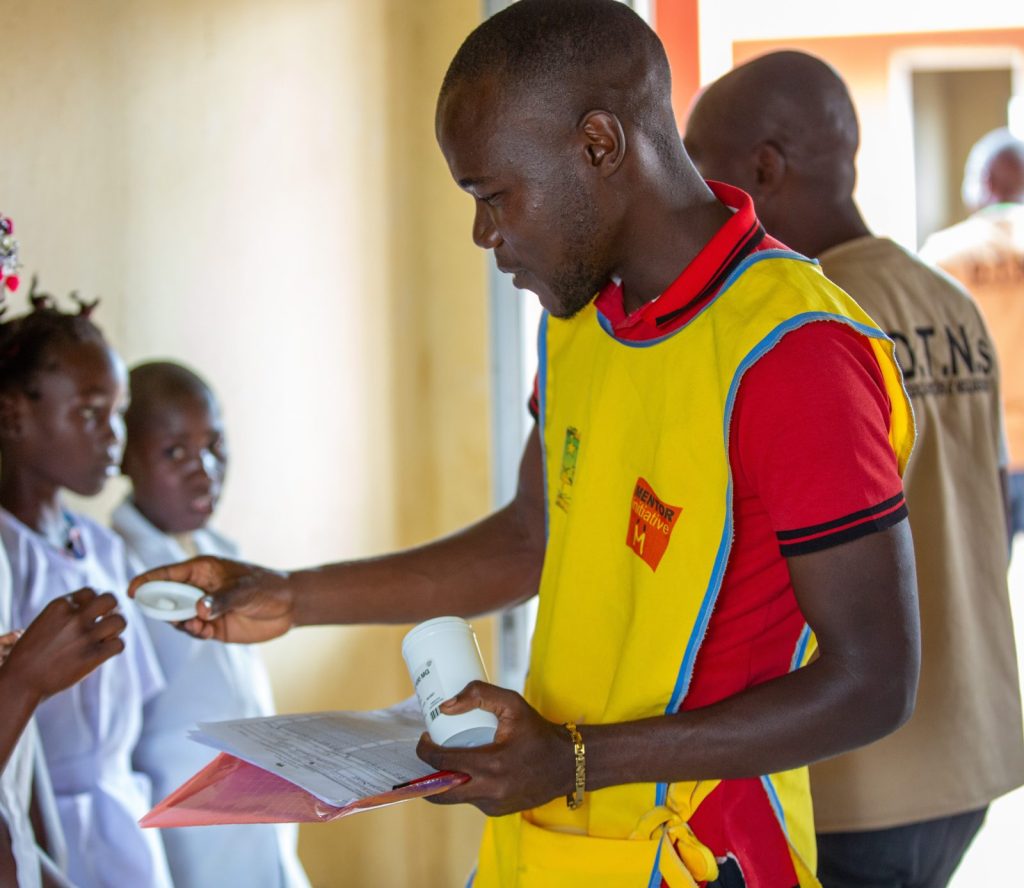
We are excited to be attending the Neglected Tropical Disease NGO Network (NNN) conference in Kampala this week with a focus on sustainable innovations to transform the fight against NTDs. On Thursday, Xavier Badia, MENTOR Programme Manager and Chair of the NNN Conflict and Humanitarian Emergencies Working Group, will lead a workshop addressing NTD control […]
New Vector-Borne Disease Units open in Syria

MENTOR recently opened two Vector-Borne Disease Units in Azaz and Idleb City as part of ongoing efforts to address the high rates of leishmaniasis in northern Syria. These unique units, funded by The Aid Fund for Syria, provide free diagnosis, treatment and essential medicines for patients, and coordinate wider prevention and care through 48 health […]
Integrated vector control training in Kenya

MENTOR, in partnership with the Red Cross Netherlands, International Federation of Red Cross and Red Crescent Societies – IFRC and Dutch Disaster Risk Reduction and Serge Support (DRRS), delivered a five-day training course on integrated vector control in Kenya at the beginning of September. The training focused on vector management in humanitarian emergencies, highlighting innovative […]
